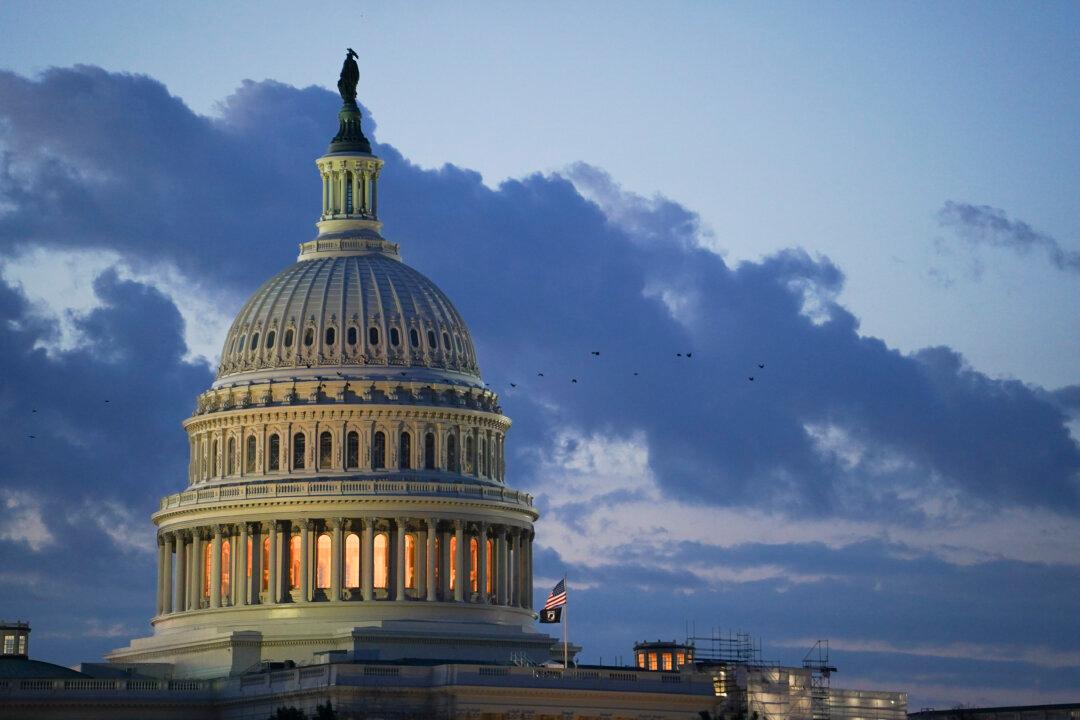The House of Representatives is scheduled this week to hold its first hearings on Iran since 2020.
The Biden administration has come under fire on the right for its Tehran policy—from seeking to reenter the 2015 nuclear deal to loosening the Trump-era “maximum pressure” campaign. Rob Malley, the point person on the negotiations to reenter the deal or have a new deal with Iran, has been on leave since his security clearance came under review for reasons not publicly known.





